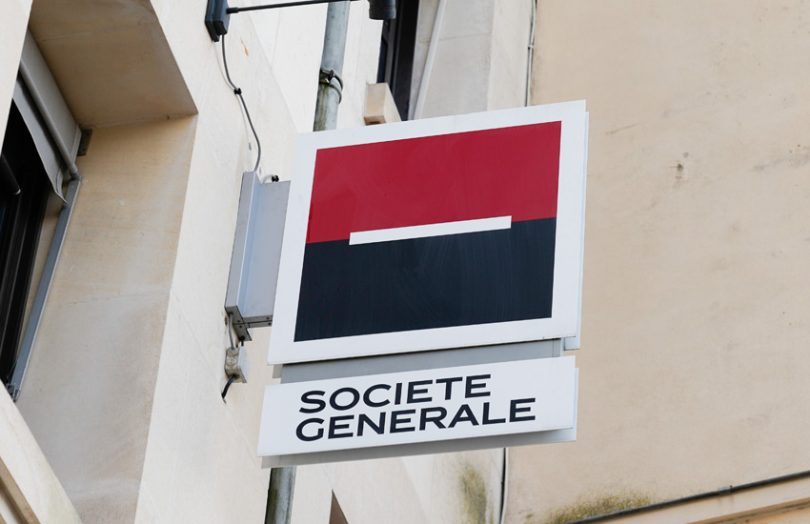Two months ago, the Banque de France announced it had selected eight firms to participate in its wholesale central bank digital currency (CBDC) trials. One of the eight selected companies is Société Générale (SocGen) Forge, is using the Tezos blockchain as the platform for the trials. But the banks says it’s not the only protocol that it works with.
The tests aim to explore the settlement and delivery of securities with a digital Euro. Doubtless, most of the experiments will focus on on-chain settlement. And several of the chosen firms have built consortia for the tests. For example, the IZNES French fund management platform has a consortium that includes Citi.
Société Générale already has a track record with the Banque de France and CBDC. Four months ago, the Bank worked with SocGen Forge on the issue of €40 million of covered bonds on a public blockchain. The transaction was settled instantly with delivery versus payment (DvP) using central bank issued digital euros. Today the bank confirmed to Ledger Insights that this transaction used Tezos. And SocGen Forge had previously issued €100 million of security tokens on the Ethereum blockchain, but not using a CBDC.
The Tezos blockchain has roots in France with a French founder and French development teams. It even uses a programming language created in France, OCaml. One of the other team members is Nomadic Labs, a French development house dedicated to Tezos.
A few enterprise applications use Tezos, including Brazilian investment bank BTG Pactual for security tokens. And the Association of Chartered Certified Accountants (ACCA) has partnered with a Tezos Southeast Asia to explore accounting applications. The blockchain’s token was previously in the top ten cryptocurrencies but is now number 16 with a $1.8 billion market capitalization.
At a technical level, Tezos was one of the first public blockchains to adopt Proof of Stake instead of the energy-hungry Proof of Work. It has an enterprise friendly formal verification of smart contracts. But it also involves on-chain governance, of which many enterprises might be wary.
Tezos has been the source of a fair bit of controversy. After a $232 million ICO in 2017, there was a battle to control the funds with the non-profit foundation. And the foundation and founders were also sued by investors over the ICO, claiming it was an unregistered securities sale. The foundation eventually settled for $25 million without a ruling that the ICO was an unregistered securities sale.
Update: The story was updated removing a reference to switching blockchains from Ethereum to Tezos and adding Société Générale confirmation that they use multiple protocols and providers.






